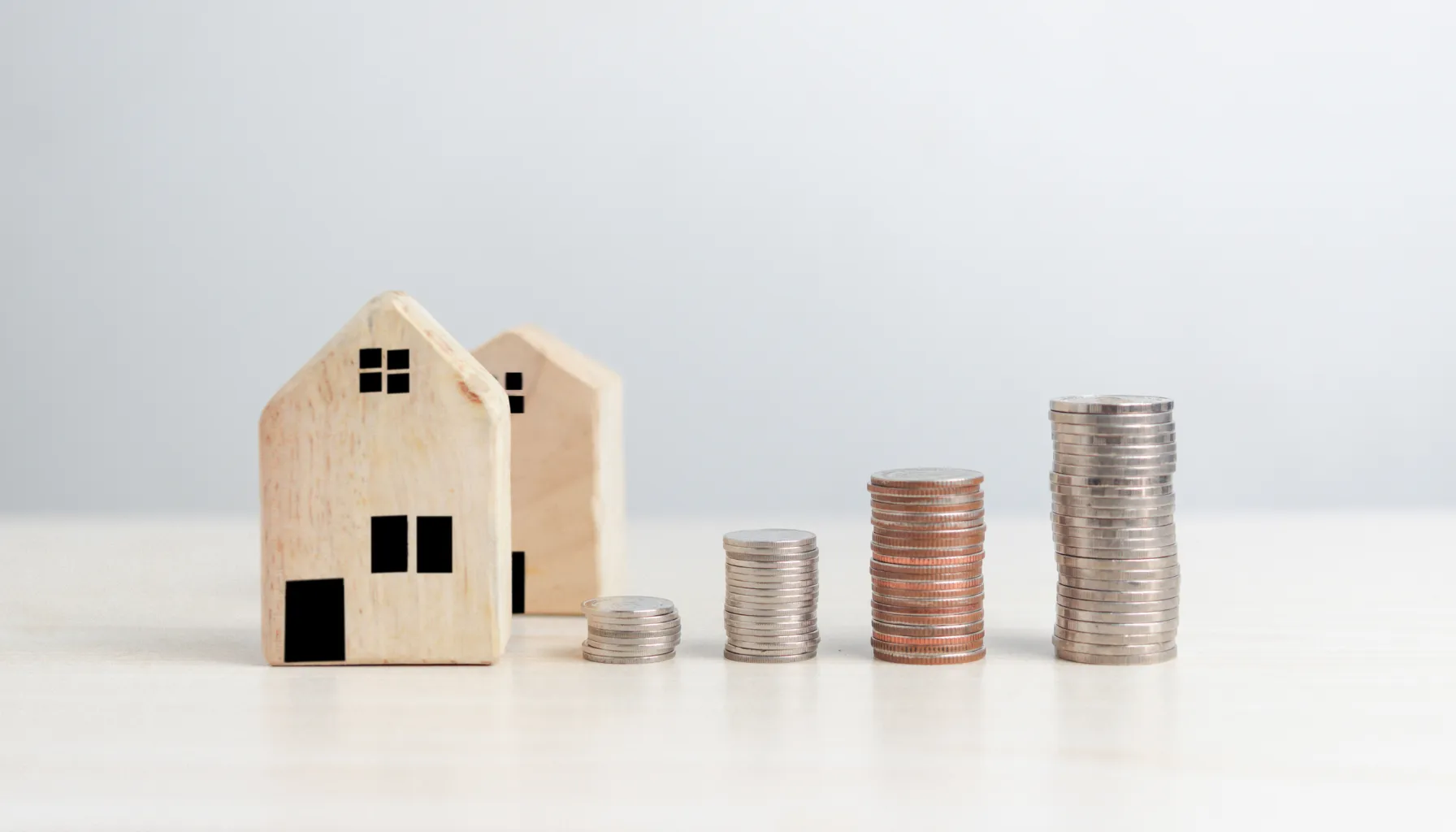With its privileged climate, rich culture, and enviable quality of life, Spain has become an attractive destination for investors and individuals looking to purchase a home. If you are thinking about buying a home in Spain as a foreigner, it is essential to be aware of the requirements, processes, and recent legislative changes that could affect your investment.
Requirements for Buying a Home in Spain as a Foreigner
Spanish law allows foreigners, both residents and non-residents, to acquire properties within its territory. However, there are certain requirements and documents you should consider:
Foreigner Identification Number (NIE)
The NIE is a unique number that identifies foreigners in Spain and is essential for any economic transaction, including buying a home. You can apply for it at a police station in Spain or through the Spanish embassy or consulate in your home country.
Bank Account in Spain
While not mandatory, having a bank account in Spain facilitates the management of payments related to the purchase, such as taxes, services, and other associated expenses. It also simplifies transactions and avoids potential fees for international transfers.
Proof of Funds Origin
It is crucial to demonstrate that the funds used for the purchase come from lawful sources. This is part of the anti-money laundering and terrorism financing prevention measures in place in Spain.
Requirements for Buying a Home in Spain as a Foreigner
The property acquisition process in Spain involves several stages that are important to understand to avoid inconveniences:

1. Property Search and Selection
Identify the property that fits your needs and budget. It is advisable to visit several options and, if possible, seek the guidance of a local real estate agency to guide you through the process.
2. Signing the Deposit Agreement
Once the property is selected, a deposit agreement is usually signed, which is a preliminary agreement between buyer and seller. In this contract, the buyer deposits a sum (usually 10% of the sale price) as a commitment to purchase. This document establishes the conditions of the transaction and the deadlines for signing the public deed.
3. Public Deed and Property Registration
The sale is formalized before a notary by signing the public deed. Subsequently, this deed must be registered at the Property Registry to make the transfer enforceable against third parties and ensure the legal security of the investment.
Taxes and Expenses Associated with the Purchase
Obtaining Residency by Purchasing a Home
Previously, Spain offered the Golden Visa, a residency visa for non-EU foreigners who invested in real estate valued at or above 500,000 euros. However, in November 2024, the Congress of Deputies approved the elimination of these types of visas linked to real estate investment.
It is important to note that applications submitted before the implementation of this new law will continue to be processed according to the regulations in force at the time of their submission. Therefore, if you are considering obtaining residency in Spain through real estate investment, it is essential to inform yourself about the current options and possible legislative changes.
Additional Considerations
Conclusion
Buying a home in Spain as a foreigner is an accessible process, but it requires attention to various legal and fiscal aspects. It is essential to stay informed about current regulations and have professional advice to ensure a safe and satisfactory investment. At Sunset Group, we are committed to helping you find the ideal property in Mallorca and accompany you through each step of the purchase process. Do not hesitate to contact us for personalized advice and to make your dream of owning a home in Spain a reality.
